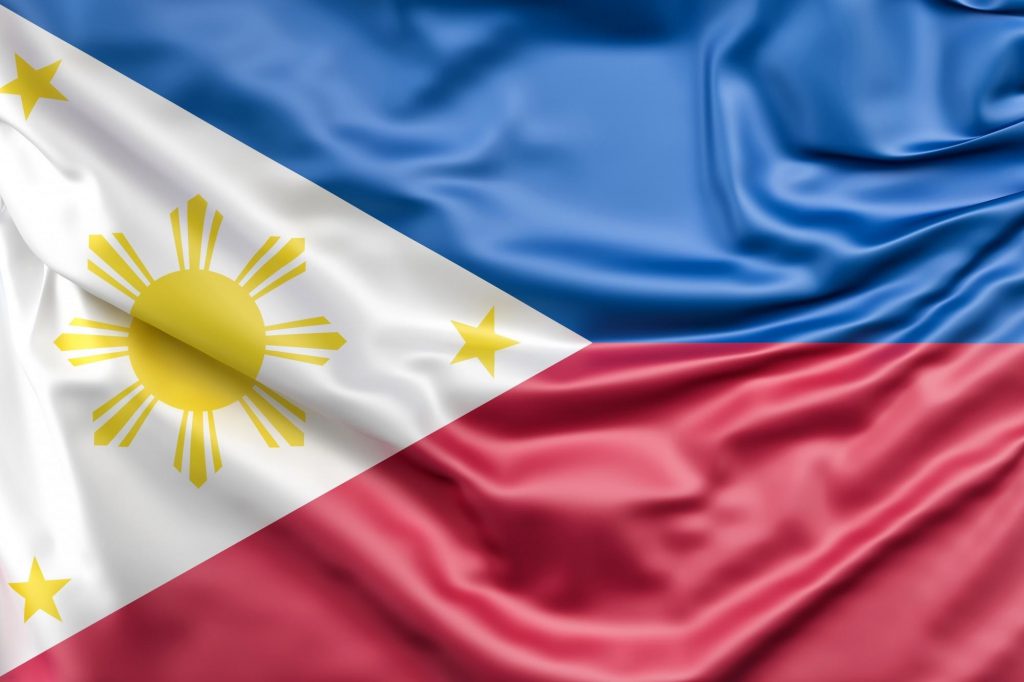The Philippines, an archipelago of more than 7,000 islets, is a growing center for marketable prospects in addition to being a tourist haven. Due to its profitable position in Southeast Asia, expanding economy, and immature, energetic labor force, the nation has gained appeal among investors and entrepreneurs. This article explores the complexities of business immigration to the Philippines and offers a thorough how-to manual for anybody interested in learning further about this innovative industry.

Choosing the Philippines
There are the following reasons to choose the Philippines.
Strategic location
The Philippines serves as a gateway to the wider ASEAN market thanks to its profitable position. Due to its closeness to important Asian husbandries like South Korea, Japan, and China, enterprises may easily reach a significant clientele.
Profitable growth
For the past ten years, the Philippines’ economy has grown steadily. The nation’s GDP growth rate has continuously exceeded 6, grounded to the World Bank, which makes it one of the quickest-growing nations in the area. A robust services sector, especially in business process outsourcing (BPO) and tourism, is the main driver of this expansion.
Youthful and professed workforce
The labor force in the Philippines is immature and well-educated. The nation boasts a sizable population of English-speaking specialists, with a typical age of 25.7 years. The goal of the educational system is to produce graduates who can work in industries that are essential to commercial operations, similar to design, IT, and medicine.
Types of business visas
The nation offers the following kinds of business visas.
Temporary visitor’s visa
Foreign nationals who want to go to the Philippines on trade should apply for a 9(a) visa. The 59-day initial validity of this visa can be renewed for a maximum of six months. It is perfect for quick corporate journeys, conferences, and sightseeing excursions.
Pre-arranged employee visa
Foreign nationals who have obtained work in the Philippines are eligible for the 9(g) visa. It can be renewed yearly after its first year of validity. Professionals and expats who have been employed by Philippine businesses are eligible for this visa.
Special Investor’s Resident Visa (SIRV)
Foreign investors who are prepared to invest at least USD 75,000 in the country are eligible for the SIRV. The investor and any family are granted permanent residency with this visa. For individuals wishing to set up long-term company activities in the nation, it’s a great choice.
Special Visa for Employment Generation (SVEG)
Foreign nationals who can hire at least 10 Filipinos are the target audience for the SVEG. This visa is renewed every three years and allows for an unlimited stay in the nation. It is perfect for company owners who want to launch companies that employ a large number of people.
Types of business entities
The nation has the following categories of business organizations.
Sole Proprietorship
Among business entities, a private company is the most basic one. It is run and owned by only one person. Startups and small enterprises can use this framework.
Partnership
Two or more people who share control and oversight duties are involved in a partnership. Depending on the amount of obligation that each member is ready to take on, the partnership may be either broad or limited.
Corporation
A corporation offers its owners restricted liability and is a more sophisticated type of company organization. It needs PHP 5,000 in minimum invested capital and a minimum of five founders. Larger companies and those looking to raise funds through equity funding should choose this structure.
Registration process
In the Philippines, registering a new business entails several crucial procedures. The first step is to register the company name with the relevant government body. For sole traders, this is the Ministry of Trade and Industry; for partnerships and businesses, it is the Securities and Exchange Commission. The local authority in the barangay where your business will be located must then grant you a barangay clearance. Next, you submit an application to the local government body for a mayor’s permit. To receive a Tax Identification Number, you also need to register your company with the Internal Revenue Bureau and your workers with the social security, healthcare, and housing provident fund programs.
Benefits and incentives
A multitude of advantages and incentives are provided by the Philippines to entice international business and financial immigration. The workforce in the nation is sizable, youthful, and expanding, and labor prices are competitive. For enterprises that meet certain requirements, the government offers tax breaks and special economic zones with lower tax rates and customs fees. Additionally, the Philippines’ advantageous geographic position gives it access to important markets throughout the Asia-Pacific area. To further entice international investors wishing to set up shop in Southeast Asia, the nation has been seeking to enhance its infrastructure, ease of doing business, and general economic competitiveness. The Philippines is promoting itself as a desirable location for foreign businesses and investors because of its sizable customer base, stable democracy, and more pro-business legislation.
You may also find these articles helpful
Free education in the USA. Global UGRAD Program
Immigration to Canada: How to get Express Entry rounds of invitations?
Best universities to apply for in Uzbekistan
